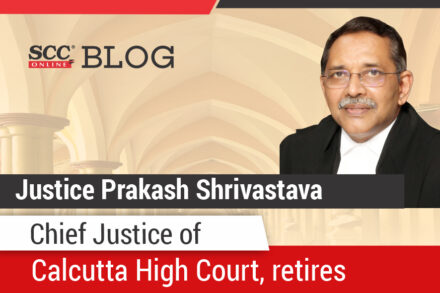
Justice Prakash Shrivastava, Chief Justice of Calcutta High Court, retires
Justice Prakash Shrivastava retires today after being the Chief Justice of Calcutta High Court for one and half years.
Continue reading
Justice Prakash Shrivastava retires today after being the Chief Justice of Calcutta High Court for one and half years.
Continue reading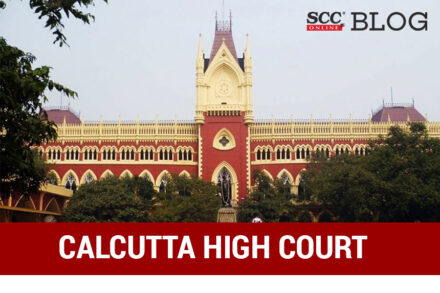
The Calcutta High Court quashed the imposition and recovery of penalty by the respondent authorities and directed them to refund the penalty amount and issue discharge certificate in favour of the petitioners.
Continue reading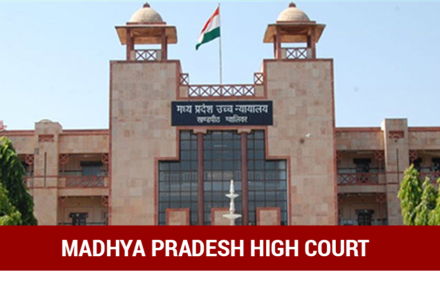
Madhya Pradesh High Court held that no document needs to be provided for registering an application under S. 17 of the SARFAESI Act, when the same is not a condition precedent required under the said Section.
Continue reading
Madhya Pradesh High Court held that all authorities while discharging public duties or performing judicial/quasi-judicial functions must be think about Justice and that every “FILE” carries a “LIFE”.
Continue reading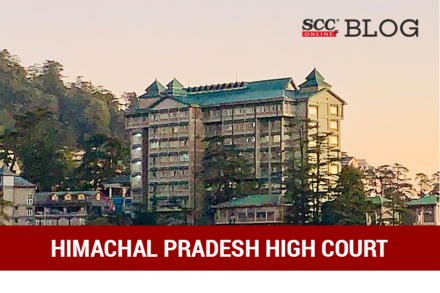
The use of the word MONK in most prominent manner shows dishonest intention on the part of the Defendant.
Continue reading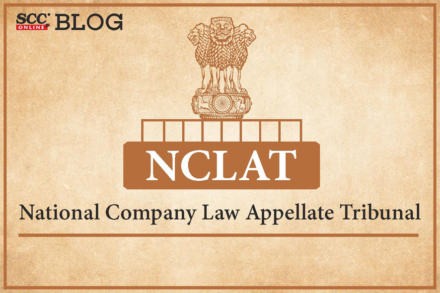
The NCLAT held that even after completion of challenge mechanism under CIRP Regulation 39(1A)(b), the CoC retains its jurisdiction to negotiate with one or other Resolution Applicants, or to annul the Resolution Process and embark on to re-issue RFRP.
Continue reading
Calcutta High Court held that all the unilateral appointment of arbitrators is not invalid unless the arbitrator’s relationship falls within the Seventh Schedule to the Arbitration and Conciliation Act, 1996.
Continue reading
The NCLAT held that there is no law which allows a third party or shareholders to settle the claims of Financial Creditor on behalf of the Corporate Debtor, M/s McDowell Holdings Limited.
Continue reading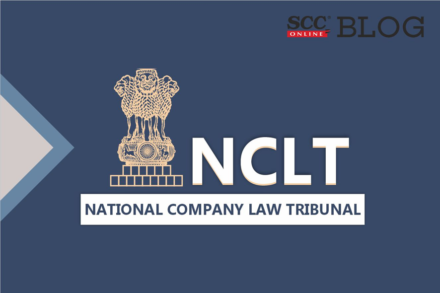
NCLT held that the amount of advance paid for purchase of shares of the Corporate Debtor does not fall under the definition of Financial Debt as it was not disbursed against the consideration for the time value of money.
Continue reading
The Madhya Pradesh High Court held that alternative remedy is not absolute bar for examining conditions to issue reassessment notice and admitted the petitions for the final hearing.
Continue reading
While quashing the impugned criminal proceeding against the petitioners, the Court held that a defaulter borrower holds the secured asset only in trust or symbolic possession and even if the petitioners have entered the said property, the same cannot be marked out as trespassers in other’s’ property.
Continue reading
Calcutta High Court upheld AAAR’s order and held that Polypropylene Leno Bags made from Plastic Granules cannot be treated as Textile Articles.
Continue reading
In matter related to reconsideration of Resolution Plan after approval, NCLAT held that thought the object of the CIRP is maximisation of value of the Corporate Debtor, but the said maximisation must be achieved within the timeline provided in the scheme.
Continue reading
In a case related to rejection of Resolution Plan by the Adjudicating Authority, which was once approve the Adjudicating Authority, the Tribunal opined that the Adjudicating Authority was right on non-approval of the Resolution Plan as the Adjudicating Authority’s order was not followed in its true spirit.
Continue reading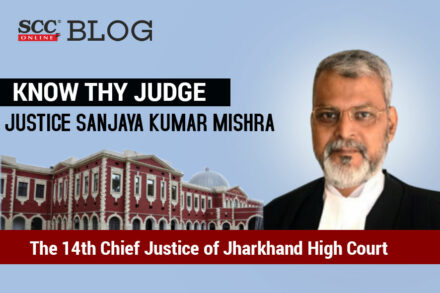
Former Judge of Uttaranchal High Court, Justice Sanjaya Kumar Mishra was recently elevated as the Chief Justice of the Jharkhand High Court. At his swearing-in ceremony, Justice Mishra stated that his priority will be to impart justice to the poor and downtrodden while expediting old cases.
Continue reading
The NCLAT granted interim relief to Zee Entertainment Enterprises Ltd (ZEEL) by staying bankruptcy proceedings against them, after the NCLT admitted S. 7 application and directed the initiation of CIRP against the Corporate Debtor/ZEEL.
Continue reading
In the instant matter an appeal was preferred before NCLAT challenging the order of the Adjudicating Authority remitting a Resolution Plan back to the CoC for reconsideration in accordance with law.
Continue reading